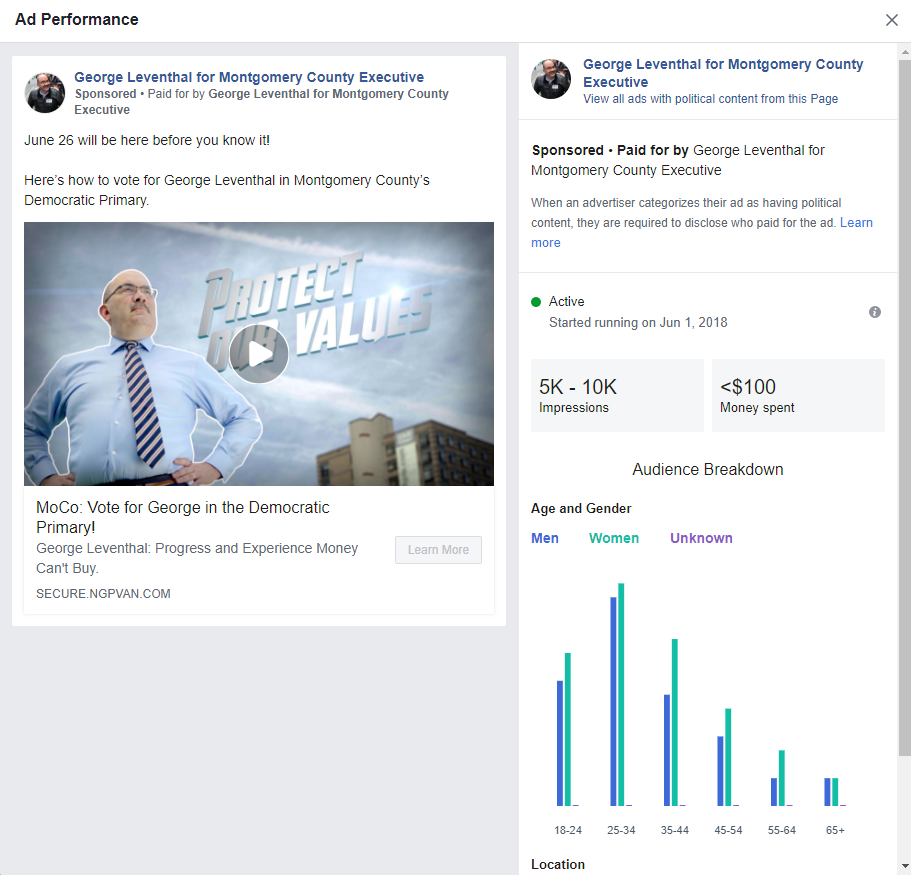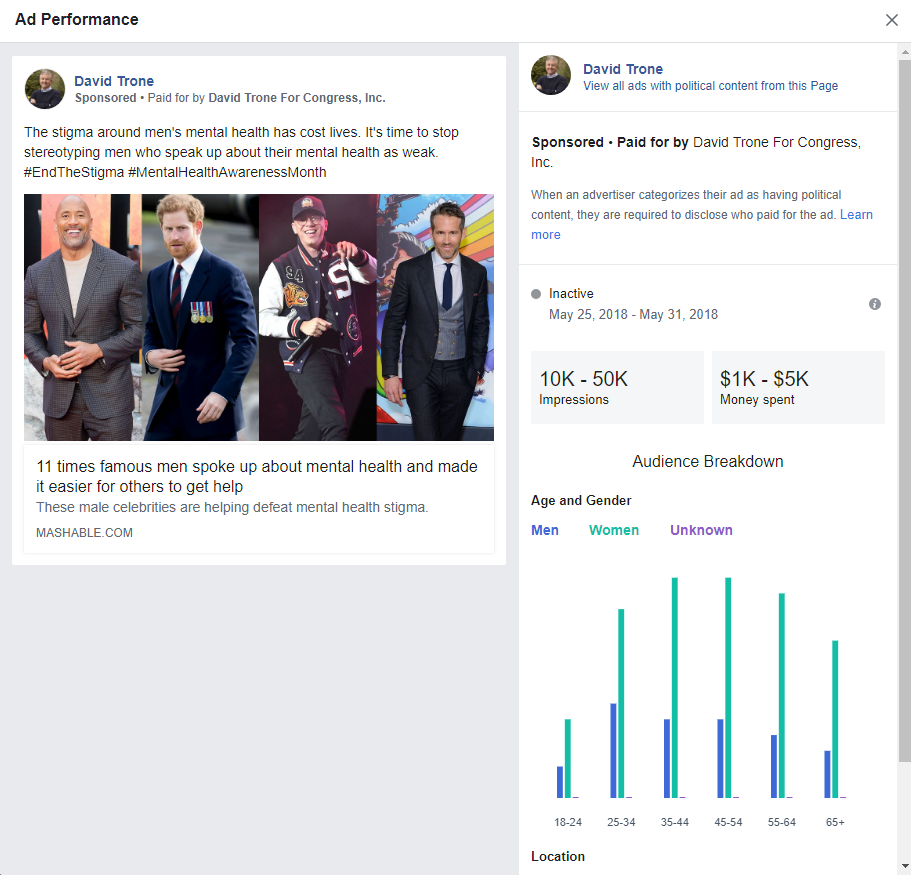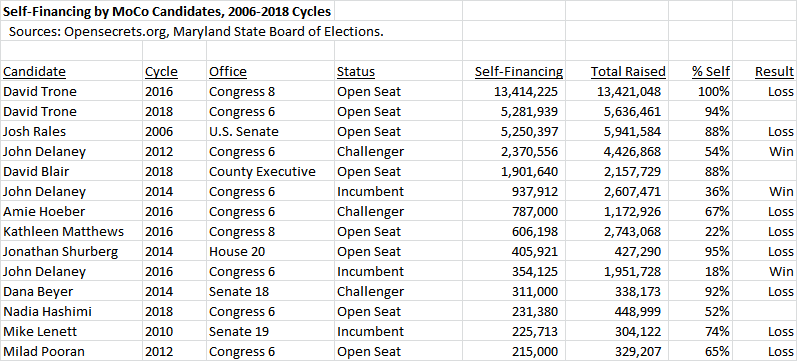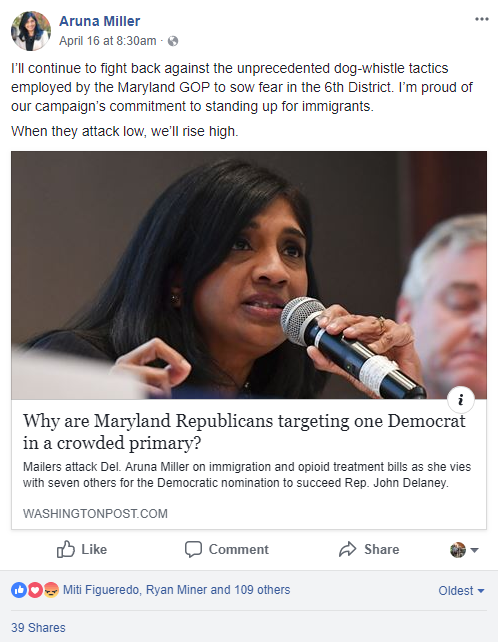By Adam Pagnucco.
Joining the Montgomery County Council and County Executive Marc Elrich, MoCo Congressmen Jamie Raskin and David Trone have asked Governor Larry Hogan to establish a mass vaccination site in the county. Elrich says the county can open one on its own right now, but there’s a problem: the county gets its vaccines from the state and Elrich doesn’t want vaccines for a mass site to count against the regular allotment the county health department receives. In the meantime, the state plans to open more mass vaccination sites in Southern Maryland, Western Maryland and the Eastern Shore while MoCo residents (at least the ones who drive) are flocking to the Six Flags site in Prince George’s County.
The mess seems unlikely to be meaningfully resolved until the overall supply of vaccines increases substantially.
The letter from Raskin and Trone appears below.
*****
Dear Governor Hogan and Acting Secretary Schrader:
We write to respectfully urge your support for locating a COVID-19 mass vaccination site in Montgomery County. As you know, Montgomery is the most populous county in our state and has experienced the highest number of COVID-19 deaths in the state. Yet, despite Montgomery suffering the worst casualty rate in Maryland and despite having the second-highest number of cases in the state, it still has no mass vaccination site for its population of more than one million people. Of the six mass vaccination sites that will soon be operating across Maryland, not a single site is in Montgomery. Not surprisingly, Montgomery ranks 15th among all Maryland counties in percentage of its population vaccinated even though its County Department of Health and Human Services (DHHS) has administered 87% of its allocated vaccines.
Beyond the sheer numbers of people involved, a mass vaccination site in Montgomery County would clearly promote your administration’s goal of ensuring equitable vaccine distribution to vulnerable communities. Montgomery has a majority-minority population and is the most diverse County in our state. Around 20% of residents are Hispanic, 19% are Black/African American, and 15% are Asian/Pacific Islander. Montgomery has a significant health care workforce and a substantial elderly population over the age of 75. These demographics present complex challenges for the local health department in vaccine distribution which could be successfully addressed with a local mass vaccine site.
Although you have emphasized that the mass vaccination sites in Baltimore and Prince George’s counties are open to Montgomery County residents, this offer seems like cold comfort when so many logistical hurdles face lower-income, working-class, immigrant, and senior residents in Montgomery who are unable to arrange transportation or get time off from work to travel to distant sites. These realities for tens of thousands of people make the suggestion of daytime travel to other parts of the state seem like wishful thinking. We urge you to work with Montgomery County officials and your team to provide a state-run mass vaccination site in Montgomery County.
If the Maryland Department of Health is unable to support another state-run mass vaccination site, we urge you to sufficiently increase the number of vaccines provided to the County to enable the Montgomery County Department of Health and Human Services to operate its own mass vaccination site. Moreover, as the state prepares to improve its equity framework in the coming weeks, we urge you to increase vaccine distribution efforts to better serve the diverse and vulnerable communities in Montgomery County. In Montgomery County, we know local leaders look forward to working with you to increase vaccine access and improve vaccine equity throughout the state. Thank you in advance for your consideration of this urgent and significant request. We are available to discuss it at your pleasure.
Very truly yours,
Congressman Jamie Raskin and Congressman David Trone








